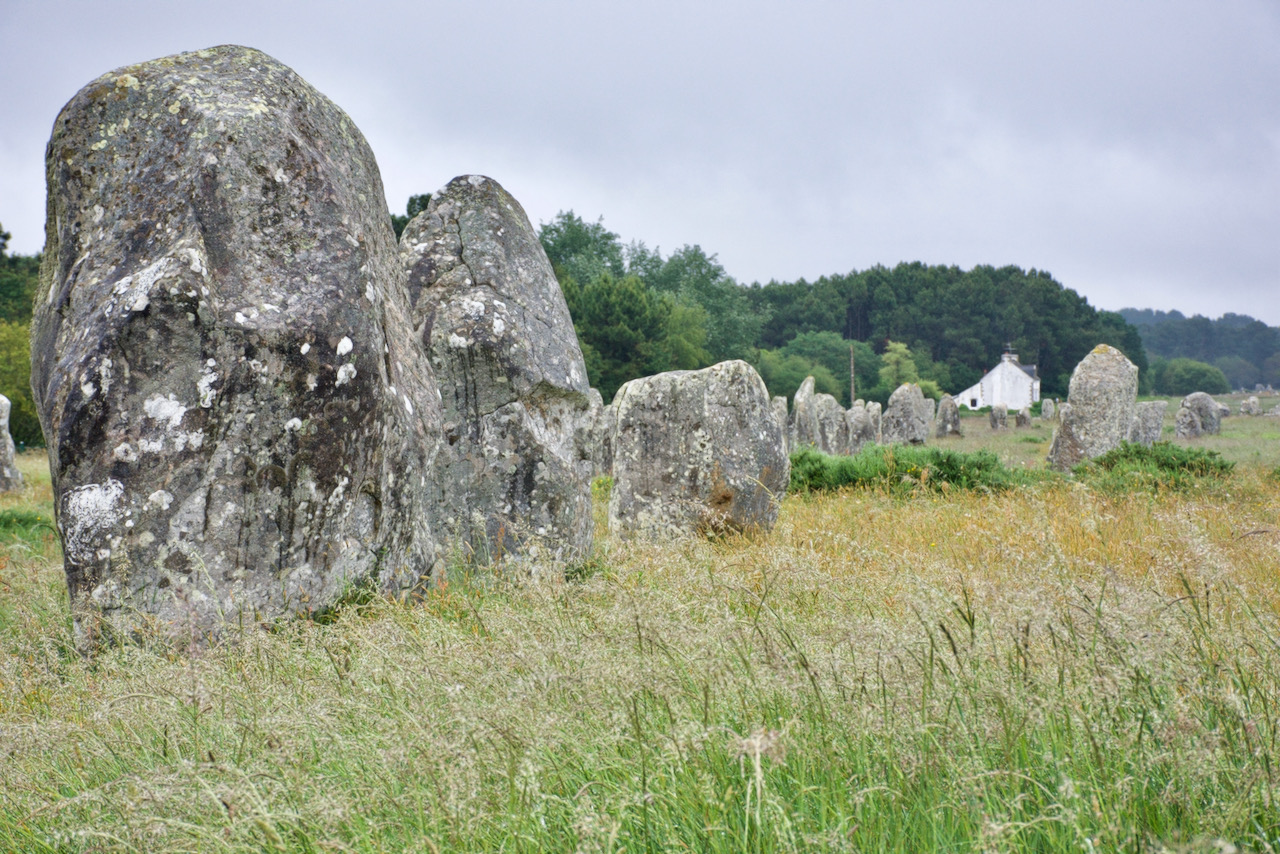Techniques Of Power
Related posts
Posts on The Dawn Of Everything: Link
Posts on Pierre Bourdieu and Symbolic Violence: link
Posts trying to cope with the absurd state of political discourse: link
Posts on Freedom and Equality. link
In the second part of The Subject And Power Michel Foucault discusses techniques of power. He focuses on one issue: what exactly happens when power is exerted by one person on another. He describes power as intentional actions of one person to affect the actions of others. He thinks that this involves three types of interaction: power relations, communication, and objective capacities.
- Power relations are not explicitly defined, but he gives examples: they “… consist of obligatory tasks, of gestures imposed by tradition or apprenticeship, of subdivisions and the more or less obligatory distribution of labor”.
- Communication sets up the structure of information and understanding between the parties to the power relationship.
- Objective capacities are the physical actions which one party can impose on a thing, or other person.
These three things are not separate, though the latter two can exist apart from the exertion of power. Communications can be used to convey information, feelings, inchoate ideas and more, without necessarily affecting or intending to affect the actions of others. This post is an example. I have many physical capabilities that have nothing to do with power relations, such as my ability to type.
In a social setting we can see that these three can be combined for the purpose of exerting power, of affecting the actions of others. One obvious way is direct one-on-one interactions. The parent tells the child to put on a coat before going outside. The child probably does so, perhaps because it understands the power of the parent. It may also require physical action, such as putting the coat on the child, or carrying the coat to the car and telling the child to come along.
Alternatively, the parent may say it’s cold out, and we’re leaving for school in five minutes. The child (hopefully) responds by getting its coat and putting it on, gathering backpacks and lunch and standing by the door. This would be a simple example of what Foucault calls a block, a discipline. The power relations between the child and the parent create a situation where the direct application of physical capabilities and communication are unnecessary.
We all follow similar patterns in our lives. An employer has expectations, and employees try to meet them without being bossed around. A school is an institution designed to teach whole blocks of behavior so that the student can emit them as needed for productive activity. An apprentice learns how to carry out complex tasks without supervision or complaint. A grad student learns the behaviors appropriate to college professors. Once learned, there is no need for imposition of control by others. There is still some surveillance, and some testing, but normally the student learns to accept that as part of the production function.
These blocks combine with related blocks to form what Foucault calls disciplines because they condition large parts of our productive lives. At one level, these are mere behaviors, but over time they are internalized; they are so ingrained that they define us in certain parts of our lives, and affect us in all parts of our lives to some extent.
The creation and inculcation of disciplines is an act of power. The people who do this are changing other people’s actions.
The creation of disciplines may or may not involve violence against or consent of the subject, though of course both are possible. Foucault writes:
It is a total structure of actions brought to bear upon possible actions; it incites, it induces, it seduces, it makes easier or more difficult; in the extreme it constrains or forbids absolutely; it is nevertheless always a way of acting upon an acting subject or acting subjects by virtue of their acting or being capable of action.
Once these disciplines are incorporated by the subject they operate apart from conscious control. The dominant person can change the form of the discipline as they see fit, at least within the boundaries of the relationship, and possibly to a greater extent. Foucault says that the subjects have learned to govern themselves. They have learned how to behave in ways that are useful, or at least acceptable, to the dominant person.
The last point I take from Foucault is this: power can only be exercised over free individuals. The dominant party structures the field of possible actions and the subject chooses from the possibilities left open. But the subject remains free to reject the governance of the dominant. That freedom of “recalcitrance” is crucial to an understanding of power relations. The individual or group of subjects can always reject authority and force a physical confrontation. If not, then the dominant person is an enslaver, a relationship outside power relations, strictly governed by violence.
Discussion
1. There is more in this paper, but it carries me away from the purpose for which I took it up, so I’ll stop here.
2. Again, I note the similarity between Foucault and Pierre Bourdieu. Links above.
3. This part of the paper summarizes some of the ideas in Foucault’s book, Discipline And Power.
Conclusion To Series
I read this paper because in The Dawn Of Everything Graeber and Wengrow assert, with some evidence, that much of the decision-making among our ancient ancestor groups was at least partly communal, perhaps even egalitarian. I had the feeling that a good bit of that decision-making was bases on force or violence. I think Foucault would agree. Here’s an enigmatic sentence from the paper:
Is this to say that one must seek the character proper to power relations in the violence which must have been its primitive form, its permanent secret, and its last resource, that which in the final analysis appears as its real nature when it is forced to throw aside its mask and to show itself as it really is?
He doesn’t really answer his own question, but I interpret this to mean he assumes that violence was the original source of power relations. When I started this series I assumed the same thing, that power in even the earliest societies must have ultimately arisen from violence and fear.
After reading this paper I’ve mostly changed my mind. I think it’s possible to imagine different routes to the creation of societies. For example, we can imagine that as our ancestors evolve into fully human creatures, they live in groups that work together for survival. These groups create ways of working and living together. They recognize, whether or not they verbalize it, that their survival depends on these structures.
The structures they create are oriented to survival. As a result, deviations from those structures are not tolerated. As groups become larger, and interact with other groups, structures are modified by consent, but still, deviations from the agreed structures are not tolerated. Changes are very slow in coming, because the desire to survive is so strong. As evidence consider the slow evolution of tool-making.
The importance of structure is internalized by all the members. In larger groups some kind of social mechanism may be needed to reinforce the rules. These people might be proto-kings or proto-priests. Or they might be people of empathy, able to guide towards good outcomes. Thus, different forms of leadership can emerge.
Well, that’s just a projection and there will never be evidence one way or the other. But the fact that I can imagine such a pathway means that I shouldn’t be so quick to reject the pollyanna-ish take offered by Graeber and Wengrow.
And with that, I’ll return to The Dawn Of Everything.



